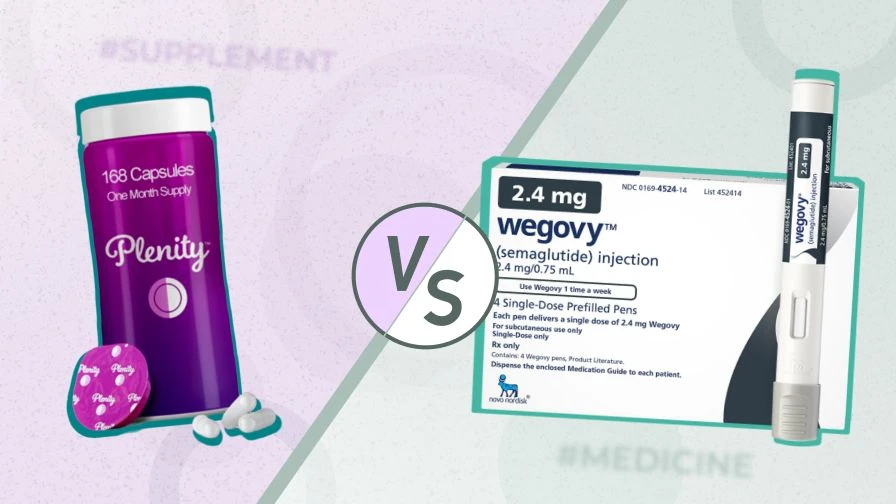Menstrual cycle disorders are not mentioned among the officially listed side effects of Phentermine. However, even the drug manufacturer has confirmed that such things can happen.
The drug manufacturer of Phentermine conducted an online survey showing that one out of eight women has reported Phentermine and menstrual cycle problems.
Survey participants reported the following issues:
- early or late periods;
- missing a menstrual cycle;
- particularly unpleasant or excessively heavy menstruation;
- nausea;
- cramps;
- dizziness;
- bleeding between periods.
However, clinical studies on this occurrence have not been conducted, so it is not clear 100% can Phentermine delay your period or other changes in your lifestyle result in such issues.
The manufacturer suggests 3 possible causes of period problems when taking Phentermine:
- Severe hormonal changes due to weight loss. Menstruation is affected by the estrogen hormone, whose blood content decreases with weight loss;
- Phentermine’s stimulating effect on the central nervous system;
- Improper diet. The diet may not be balanced enough. As a result, the body may lack some of the substances crucial for normal functioning: fats, proteins, and micro-nutrients. Also, this problem may be the body’s reaction to an insufficient amount of calories.
If the problems with the menstrual cycle persist or appear serious, consult with your doctor or a gynecologist.
Phentermine messed up my period
If you are not sure does Phentermine affect your period or not, the drug manufacturer recommends several ways to deal with such problems:
- An active lifestyle. Regular physical exercise walks in the fresh air, and swimming will help the body to restore internal balance.
- A balanced diet. A healthy diet has a significant influence on the hormone levels in the blood. Practice shows that women who prefer vegetarian food feel premenstrual syndrome (PMS) and menstrual pain less often.
- Consumption of vitamins and minerals. Foods high in omega-3, calcium, vitamin D, and caffeine reduce PMS symptoms. Furthermore, nutritional supplements containing complex vitamins and minerals can be greatly beneficial during such a difficult time. You only have to coordinate the supplements’ composition with a doctor.
- Products that contain iron. The manufacturer also recommends including iron-rich foods in the diet: lean red meat, herbs, nuts, and seeds. This will help prevent possible anemia;
- Contraceptives. You can take birth control for some time per your doctor’s advice. This will allow you to skip several menstrual cycles. Doctors note that four cycles a year are enough for a woman’s body. You can then successfully complete the Phentermine course without any pain or complications.
Conclusion
There is a chance that when you use Phentermine, late period or other cycle issues might affect you.
According to an online survey conducted by the drug manufacturer, approximately 12.5% of women taking Phentermine experienced various problems with their periods. The manufacturer does not see a direct connection between taking the drug and similar disorders. Nevertheless, the manufacturer recommends a healthy diet as a basis for feeling good and increasing daily activity.












